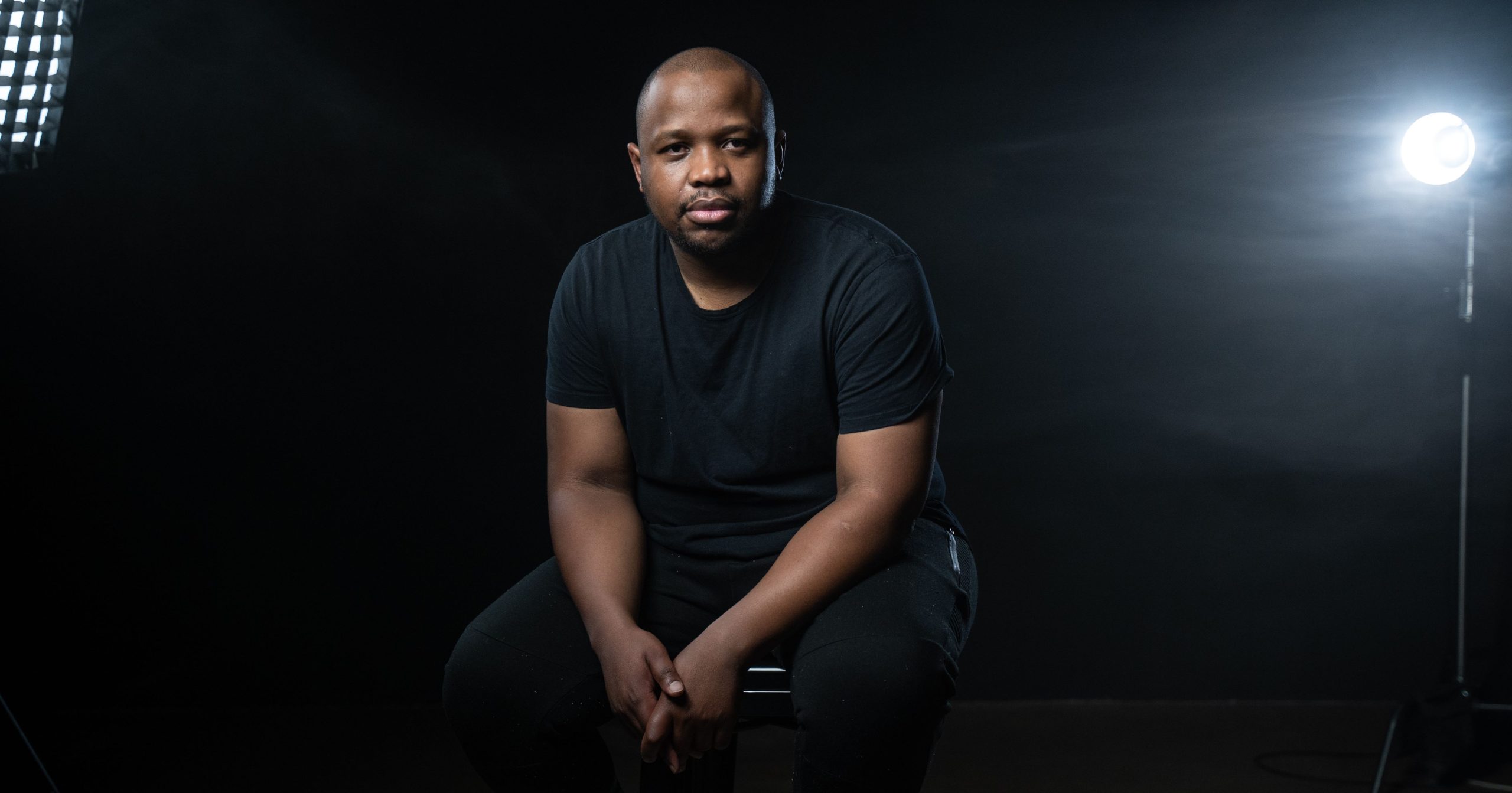The entertainment industry is undergoing a profound transformation, driven by the rapid rise of artificial intelligence (AI). This revolution brings both unprecedented creative possibilities and significant challenges, especially in the world of music.
In this article, Mzi Kaka, lecturer at The Academy of Sound Engineering, unpacks the major shifts brought about by Artificial Intelligence (AI) — from changing creative processes and essential new skill sets to unresolved ethical dilemmas and urgent governance needs.

A New Creative Reality
According Mzi. Technology and AI have emerged as powerful forces reshaping the way creative work is produced, consumed, and valued. Nowhere is this disruption more evident than in the music industry, where AI’s impact can be summed up in two words: total disruption.
While the term “disruption” may sound negative, it can also signal progress. Those who embrace change are positioned to thrive, while those unwilling to adapt risk being left behind. At the heart of this disruption lie two key issues: literacy and governance.
Adapting to the Shift
Mzi also points out that AI literacy is becoming a critical competency for anyone in the creative industries. There is a growing belief that Artificial Intelligence will not eliminate creative jobs—but those who can work effectively with AI will have a competitive edge.
In creative environments, Artificial Intelligence functions as augmented intelligence, enhancing productivity and enabling faster, more efficient workflows.
This trend is especially visible in music, where more than 120,000 new tracks are uploaded to digital platforms daily. Artificial Intelligence generated music could push this figure even higher. As tools become more intuitive and accessible, entry barriers lower—but competition becomes fiercer.
This kind of evolution is not without precedent. The rise of Digital Audio Workstations (DAWs) in the early 2000s democratized music production, bringing studio-level tools into homes across the world. Artificial Intelligence now builds on that progress—automating repetitive tasks, assisting in composition, and even replicating the voices of well-known performers.
The Skills Needed Today
With new technology comes the need for new creative capabilities. Mzi is adamant that one of the most critical is prompt engineering—the ability to communicate effectively with Artificial Intelligence systems to achieve specific artistic outcomes.
Platforms such as Avid’s Pro Tools are already integrating Artificial Intelligence, including features like Ada, an intelligent assistant designed to streamline routine processes. Creatives now need to understand how to interact with such tools effectively to remain relevant and competitive.
The Academy of Sound Engineering (ASE) has recognized this shift and is actively preparing students for an AI-integrated future. As the highest-accredited Avid learning partner in the southern hemisphere, ASE equips learners with the skills to use AI while preserving their unique creative identity.
Addressing the Governance Gap
Alongside the need for new skills is the equally pressing issue of AI governance. According to Mzi, Many Artificial Intelligence systems have been trained on vast datasets that include copyrighted material—books, music, and other creative works—often without permission. This has raised major concerns around intellectual property, consent, and ethics.
One of the most controversial applications is voice cloning. Artificial Intelligence can now imitate the tone and style of any artist’s voice, living or deceased. This raises serious questions about royalties, consent, and artistic integrity. Several high-profile incidents have already sparked legal disputes and public debate.
Without clear regulation, there is a genuine risk to the concept of creative ownership. If Artificial Intelligence can reproduce the sound and emotional depth of a human artist, what becomes of originality? Who owns the work—and who should be compensated?
Turning The Artificial Intelligence Threat Into Opportunity
Mzi also says that despite the risks, Artificial Intelligence also presents vast opportunities—especially for those willing to see it as a creative ally. Gaining proficiency in AI literacy, particularly in prompt engineering and workflow integration, is fast becoming essential for future-proofing creative careers.
As with previous waves of technological change, those who adapt early are likely to lead. Creatives who leverage Artificial Intelligence to enhance their originality, rather than replace it, will be best positioned for success in the next era of entertainment.
Ultimately, the goal must be to balance responsible regulation with inclusive education. If this balance is struck, AI has the potential to become one of the most empowering tools in the creative industry—not by replacing artists, but by amplifying what they can achieve.
Mzi is of the opinion that the sooner the industry addresses these governance challenges, the sooner it can unlock Artificial Intelligence’s full potential as a force for innovation rather than disruption.
Watch this space for updates in the Technology category on Running Wolf’s Rant.
Like what you just read? Subscribe To Our Newsletter to stay in the loop.
Feel free to explore our website or check out our Featured Articles.
Looking for a gift for that special person in your life? Check out Netflorist.co.za, South Africa's top online florist and gift service. They offer flowers, gifts, and hampers for all occasions AND reliable nationwide delivery.


